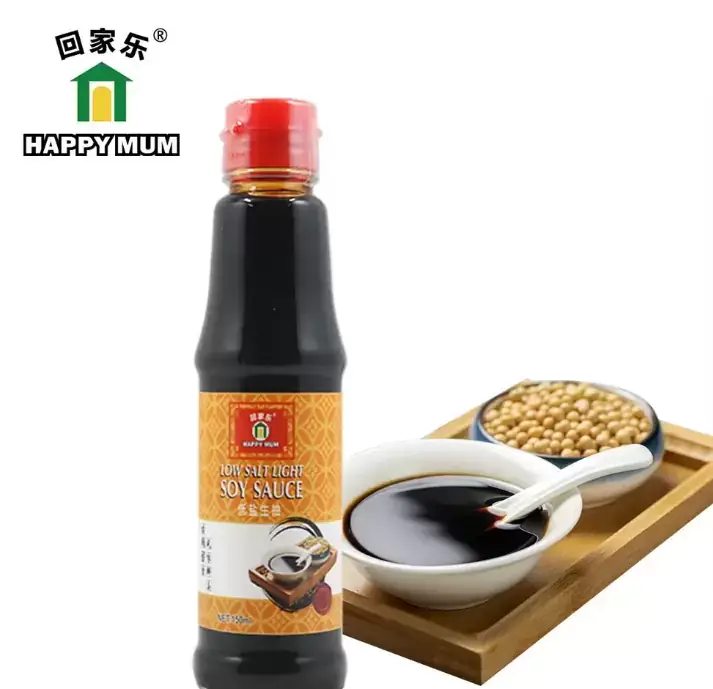Soy sauce is a staple in many kitchens, adding depth and flavor to a wide range of dishes. For those preparing meals according to halal standards, questions often arise about its ingredients. One common inquiry is does soy sauce have alcohol? Understanding this can help chefs, food businesses, and home cooks ensure their recipes meet dietary requirements while maintaining authentic taste. Using the right type of soy sauce is important, especially for dishes that rely on umami flavor as a key component.
How Soy Sauce is Made
Traditionally, soy sauce is made by fermenting soybeans with wheat, salt, and water over several months. During this fermentation process, a small amount of alcohol may naturally develop. However, reputable manufacturers like JOLION Foods carefully monitor their production processes to ensure that their soy sauce meets strict food safety and dietary standards. Their products are designed for consistent quality, making them suitable for a variety of culinary applications, from marinades to stir-fries. By controlling fermentation and production, they help maintain the authentic flavor while meeting halal requirements.
Using Soy Sauce in Recipes
In cooking, soy sauce is versatile and can be incorporated into a wide range of dishes. Stir-frying vegetables, simmering meat, or braising protein with soy sauce allows any trace alcohol to evaporate during the cooking process, making the final dish compliant with halal standards. It can also be used as a base for sauces and marinades, adding depth and enhancing natural flavors. Using soy sauce in this way helps chefs create rich and satisfying meals while adhering to dietary restrictions.
Reliable Ingredients for Halal-Friendly Kitchens
For businesses seeking dependable suppliers, JOLION Foods offers a variety of soy sauce products that maintain high-quality standards. Their offerings are suitable for wholesale and export purposes, providing both consistent taste and compliance with dietary regulations. Understanding does soy sauce have alcohol is essential for food service providers, and partnering with experienced suppliers ensures safe, flavorful, and halal-friendly ingredients for kitchens around the world. This makes it easier for companies to meet consumer expectations and maintain trust in their culinary offerings.
